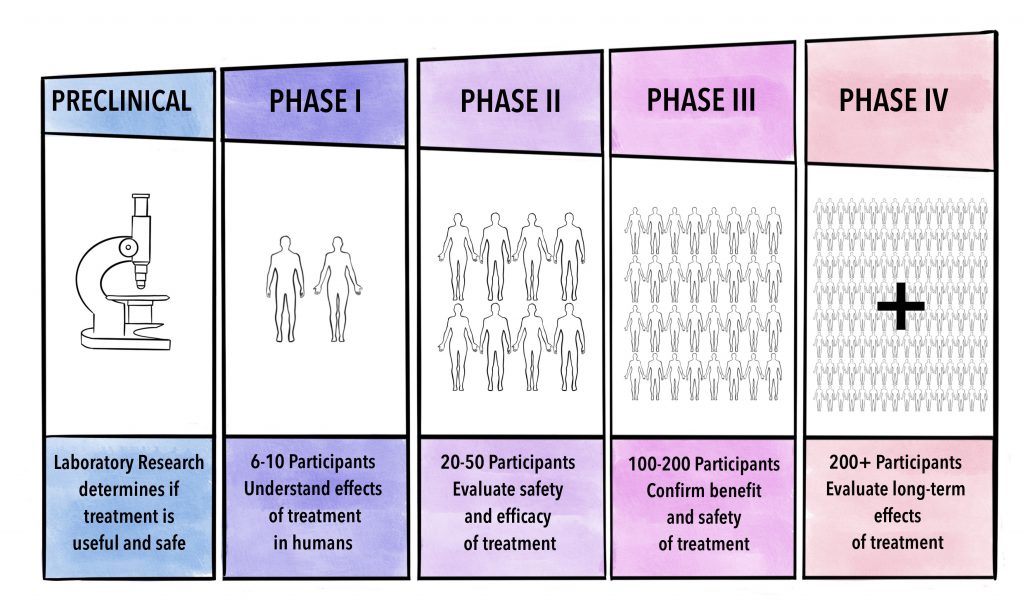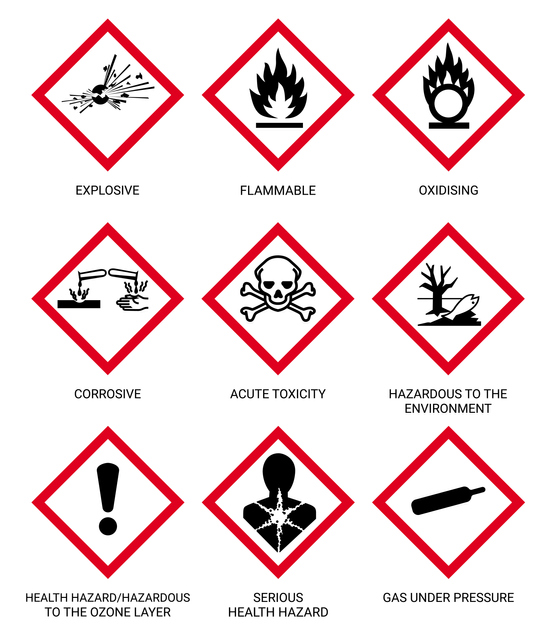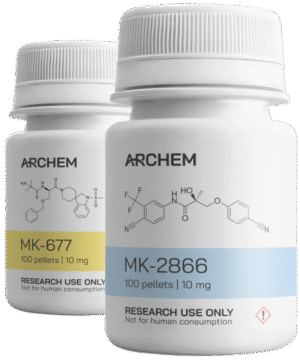
1. Current Legal Status
In the UK, SARMs (Selective Androgen Receptor Modulators) are not licensed medicines. The MHRA (Medicines and Healthcare products Regulatory Agency) has never approved them for human use. As a result, they cannot be marketed as “supplements” or sold as treatments.
“SARMs are not authorised medicines in the UK and therefore cannot legally be sold for human consumption.” – MHRA guidance
Frequently asked questions about the legalities of SARMs, answered by Simon Gomersall
Q: Are SARMs legal to buy in the UK?
A (Simon): “SARMs are not approved for human consumption in the UK. However, they can legally be sold and purchased as research chemicals. This is why reputable suppliers include disclaimers such as ‘not for human consumption’ on their websites.”
Q: What about personal use — is it illegal to take SARMs?
A: “There is a legal grey area. Possession of SARMs for personal use isn’t a criminal offence in the same way as controlled substances. But marketing them for bodybuilding or fitness purposes would fall foul of UK trading standards and MHRA regulations. Enforcement typically targets suppliers, not individuals.”
Q: Could SARMs become illegal in the future?
A: “It’s possible. Regulatory bodies in the UK and EU are watching SARMs closely. If research shows serious health risks, they could be reclassified as controlled substances. For now, the law treats them like other unlicensed medicines.”
Q: What should UK buyers be aware of legally?
A: “Always buy from a supplier that clearly markets SARMs as research chemicals only, with lab testing and transparent compliance. Avoid companies that promote them as dietary supplements — that’s a red flag both legally and in terms of product safety.”
2. Purchasing for Research

Above is the phases of human trials, which must be approved.
Despite restrictions on consumer sales, SARMs can still be purchased for laboratory or research purposes. Reputable suppliers make this clear by labelling products “For Research Use Only – Not for Human Consumption.”
This phrasing protects both the supplier and the buyer, ensuring transactions remain within the boundaries of UK law.
So who’s buying SARMs for research?
| Buyer Type | Purpose of Purchase | Examples of Research Use |
|---|---|---|
| Academic Researchers | Study biological effects of SARMs | Mechanism of action on muscle, bone, androgen receptors |
| Pharmaceutical & Biotech Companies | Use as reference compounds in R&D | Benchmarking new drugs, toxicology, pharmacokinetics |
| Independent Laboratories | Run purity and contaminant testing | HPLC, LC-MS, third-party COA verification |
| Sports Science Programs | Non-human performance studies | In-vitro experiments, animal models, anti-doping research |
| Not Everyday Consumers | Personal use is restricted | Buying for bodybuilding or supplementation is illegal in UK |
3. Restrictions on Human Use

The line is very clear:
- Legal → buying SARMs as reference materials for testing or academic research.
- Illegal → selling, advertising, or consuming SARMs as bodybuilding aids or nutritional supplements.
Promoting SARMs as performance enhancers falls under the illegal sale of unlicensed medicines, which carries regulatory penalties.
Regulators limit SARMs to approved studies because:
- Safety is unproven: Long-term risks (e.g., liver damage, hormonal imbalance, cardiovascular impact) are not fully mapped.
- Quality control: Research-grade SARMs such as MK677 for sale in the UK must meet pharmaceutical-level standards (purity, sterility, correct dosing).
- Ethical oversight: Clinical studies ensure informed consent, risk monitoring, and transparent reporting of adverse events.
4. Why Labelling and COAs Matter
UK compliance often comes down to intent and documentation. Trusted suppliers provide Certificates of Analysis (COAs) to verify purity and avoid marketing claims around human use. Without these safeguards, products risk being flagged as unlawful.
“The presence of proper labelling and independent COA testing is what separates legal research supply from illegal supplement sales.”
There’s also additional legislation that applies to SARMs, such as REACH.
How REACH Applies to SARMs

SARMs, as synthetic chemical compounds, fall under REACH if:
- They are manufactured or imported into the UK/EU in significant quantities.
- They are handled outside of a strict research exemption.
- They pose risks requiring classification under CLP (Classification, Labelling & Packaging) regulations.
Most SARMs suppliers in the UK rely on the research exemption, which allows them to supply compounds in small volumes for R&D only, provided they are labelled correctly (“Not for human consumption”).
Other Relevant Compliance Rules

In addition to REACH, several other frameworks govern SARMs:
- CLP Regulation → requires correct hazard labelling (e.g., irritant, harmful if swallowed).
- COSHH (Control of Substances Hazardous to Health) → applies to labs handling SARMs in the workplace.
- Medicines Act 1968 & MHRA Guidance → prohibits sale of SARMs as unlicensed medicines for human use.
- Advertising Standards Authority (ASA) → restricts consumer-facing marketing to prevent supplement-style promotion.
2. Common Warning Symbols Found on SARMs
| Symbol | Meaning | Why It’s Used for SARMs |
|---|---|---|
| ⚠️ Exclamation Mark (GHS07) | Irritant, harmful if swallowed, may cause skin or eye irritation | SARMs are biologically active and toxic at certain doses |
| ☠️ Skull & Crossbones (GHS06) | Acute toxicity (harmful/fatal if swallowed or inhaled) | Some SARMs may be labelled with this if their LD50 falls within toxic thresholds |
| 🧪 Corrosion (GHS05) | May cause skin burns, eye damage | Used if handling SARMs as powders/liquids that can irritate mucous membranes |
| 🫁 Health Hazard (GHS08) | May cause organ damage, endocrine disruption, reproductive toxicity | Relevant because SARMs affect hormones and long-term organ health is uncertain |
| 🌳 Environment (GHS09) | Hazardous to aquatic life | Included if a compound persists in water or poses ecological risks |
5. Key Takeaway
👉 Yes, SARMs are legal to buy in the UK for research purposes.
👉 No, they cannot be sold or consumed as supplements.
In practice, that means if you are a researcher or laboratory, you can source SARMs legally — but anyone advertising them as fitness enhancers is operating outside UK law.
Further Reading: SARMs testing
References: Royal Pharmaceutical Society – States clearly: “SARMs are only legal to buy for research purposes in the UK. They are not authorised medicines.” (rpharms.com).
WADA – SARMs are explicitly banned in sport under the World Anti-Doping Code, highlighting that any “performance enhancement” use is unlawful in athletics (WADA prohibited list).
REACH & CLP Regulations – Chemicals like SARMs must comply with REACH registration when imported into the UK/EU, unless they fall under the “research exemption” (small-scale R&D use). Correct classification and hazard labelling under CLP is mandatory (HSE REACH guidance).
COSHH – UK workplaces handling SARMs must follow COSHH requirements to control exposure to hazardous substances (HSE COSHH guidance).
